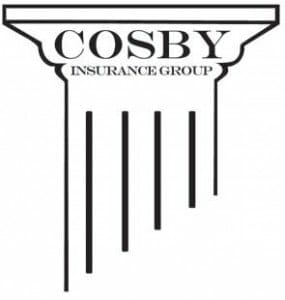It’s above my pay grade to weigh in on the national security ramifications of President Obama’s release of five Guantanamo Bay detainees in exchange for American soldier Bowe Bergdahl. Likewise, I don’t pretend to be an expert on the law, but am willing to take CNN Senior Legal Analyst Jeffrey Toobin’s assertion that the president ”clearly broke the law” in doing so. This unequivocal conclusion was echoed by George Washington University law professor Jonathan Turley.
This matter wouldn’t seem to have much to do with health policy, except that as Professor Turley points out, “to make matters worse, this is a long series of violations of federal law that the president’s been accused of…This is going to add to that pile.” While I certainly don’t maintain a master list of the president’s long series of law violations, my impression is that the numerous law violations surrounding the lawless rollout of the the health care law likely constitute a non-trivial fraction of the total. Indeed, so far there have been at least 23 major changes to the law made through unilateral executive action.
Read full article here.
Contact Steven Cosby with questions or to request more information and to schedule a healthcare plan evaluation, savings analysis or group plan solution for your company.
[contact-form subject=’Website inquiry’][contact-field label=’Name’ type=’name’ required=’1’/][contact-field label=’Email’ type=’email’ required=’1’/][contact-field label=’Company Name’ type=’text’ required=’1’/][contact-field label=’Comment’ type=’textarea’ required=’1’/][/contact-form]


